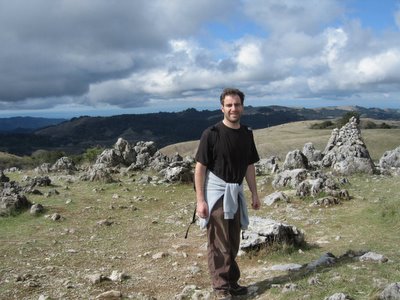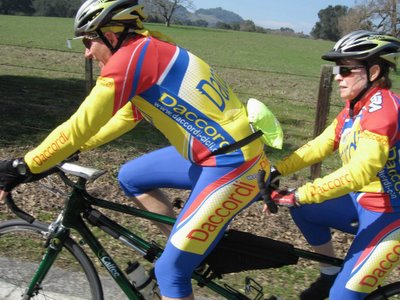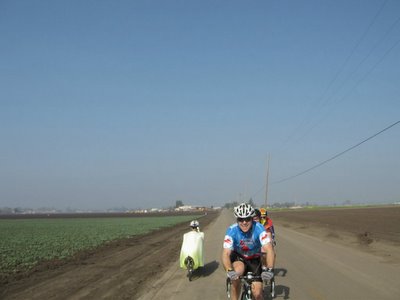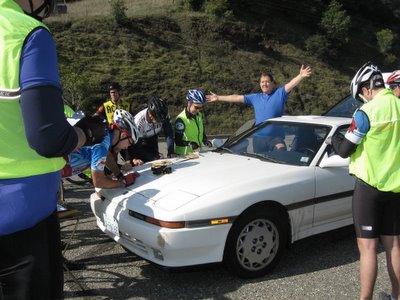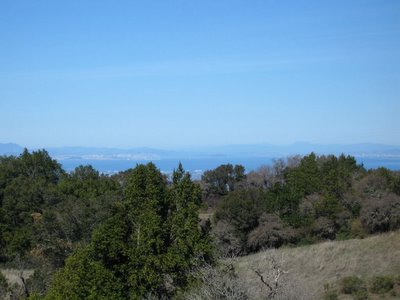I seem to be reading a lot of Charles Stross lately, and complaining that I didn't like his character development. I also have to stop reading book series where the entire series haven't been published yet (
George R. R. Martin, I'm looking at you).
That said,
The Family Trade and
The Hidden Family demonstrate significant improvements over his earlier works. Stross openly acknowledges his inspiration by Roger Zelazny's
Amber Chronicles, which feature a family of world-walkers, people who can travel between parallel Earths through the use of a pattern.
Stross does Zelazny one step better, however, by extrapolating what would happen if a family which didn't have supernatural powers actually did exist, and set out to exploit this ability to gain secular power and wealth. He uses the trick of having the heroine of the story be someone who was unaware of her family's existence stumbling into her heritage as a Duchess, and executed a very well-done play on the "adopted princess" fantasy trope, complete with the "princess" realizing that being stuck in a medieval world just isn't very much fun.
The action in the novels move fast and furiously, with little pieces of exposition thrown in that aren't too awkward. The heroine, unlike many fantasy heroines, isn't one of those people whom you just want to grab by the scruff of their collars and shake, is sensible and intelligent, and does what a smart, well-educated person would do in her position (she's just a little bit tougher than your average person, but not any more unbelievable than
Veronica Mars was).
Once the action starts, I found the books hard to put down, and to be fair to Stross, even though its a trilogy, you won't come to the end of the second book feeling cheated even though the ending is yet to be written.
Recommended.
 2 days after it snowed, there's still some residual snow in trees on Skyline Blvd near Castle Rock State Park. It was cold, with crackling sounds filling the air as the clumps of snow disintegrated as it melted, dropping pieces of ice onto the road. The road was moist and gritty with all the dirt stuck to the pieces of snow, but there wasn't any ice.
2 days after it snowed, there's still some residual snow in trees on Skyline Blvd near Castle Rock State Park. It was cold, with crackling sounds filling the air as the clumps of snow disintegrated as it melted, dropping pieces of ice onto the road. The road was moist and gritty with all the dirt stuck to the pieces of snow, but there wasn't any ice. 

